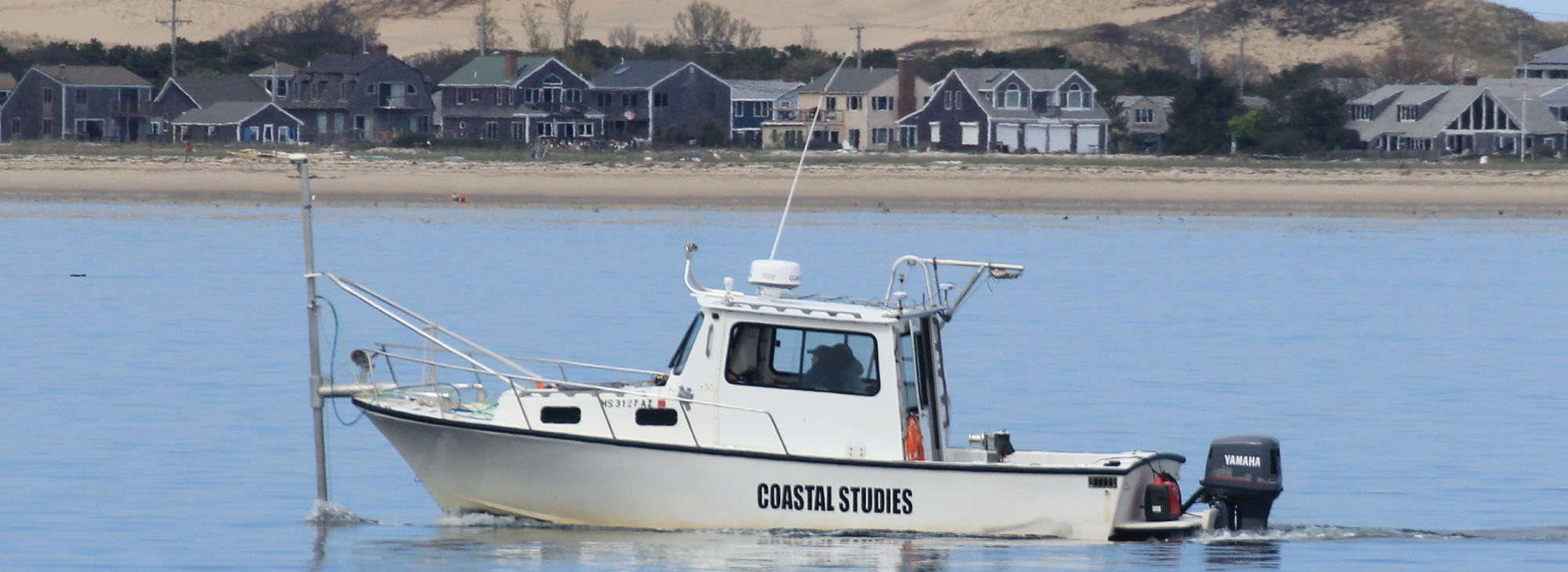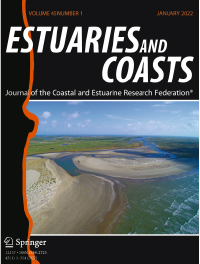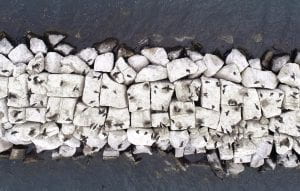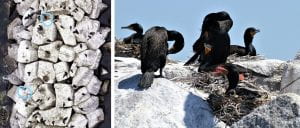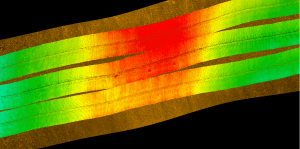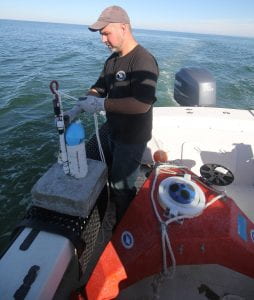We are happy to announce that Dr. Katie Castagno is the new director of the Land-Sea Interaction Program!

As Director of the Land-Sea Interaction Program, Katie is excited to continue and expand the the Cape Lab's pivotal research into the physical processes responsible for coastal evolution across multiple temporal and spatial scales. She looks forward to leading innovative research that furthers our understanding of coastal systems in the face of climate change and to incorporating K-12, undergraduate, and graduate students into our research program.
She is currently developing new methods to monitor sedimentation for the Herring River Restoration Project (Wellfleet and Truro, MA), which when completed will be the largest tidal restoration ever conducted in New England. These robust monitoring protocols and the lessons learned throughout the restoration process can be applied to salt marsh restoration projects on the Cape and beyond. Katie is eager to continue her research with the Duck Harbor tidal breach, which is also connected to the Herring River system and will provide key insights into the management of the Herring River Restoration Project. She's excited to continue working with sediment coring, which can tell us about how a system has changed over hundreds if not thousands of years. Among many other things, sediment cores can record storm events, show changes in primary productivity, and indicate habitat shifts–which can then give us insight into the future.
